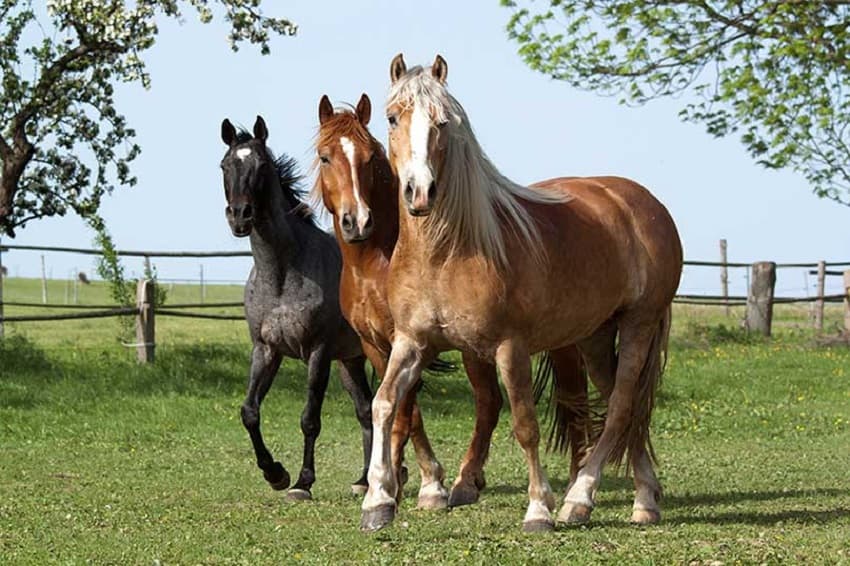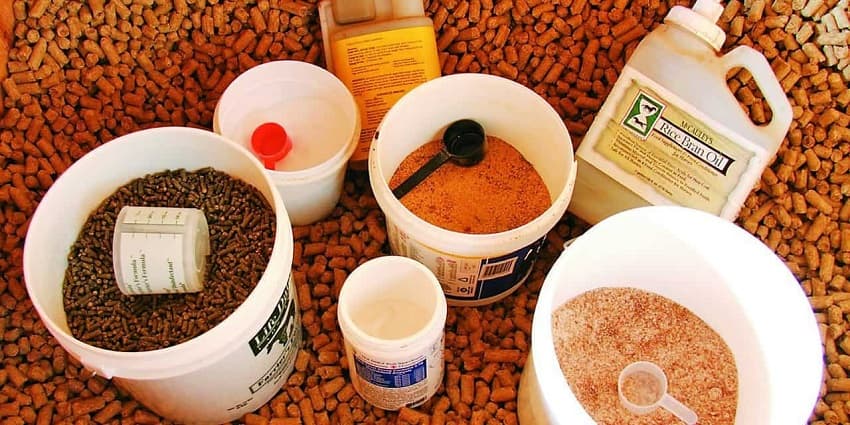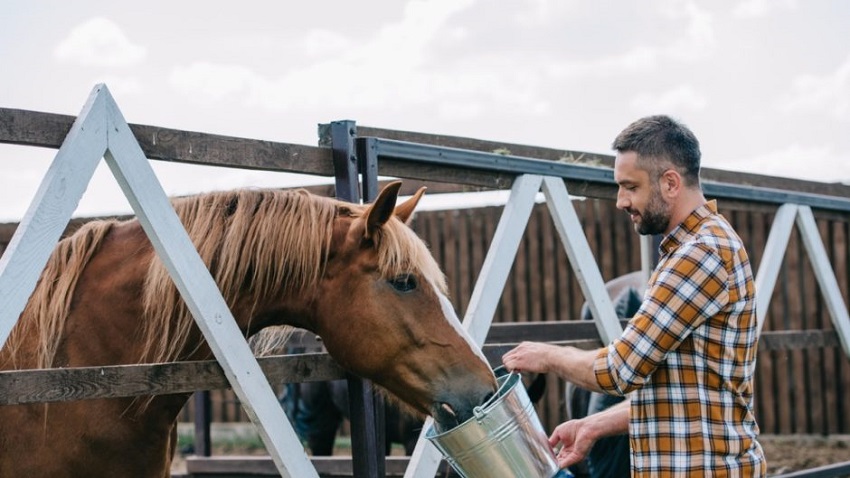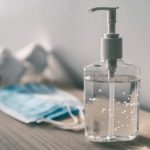As a horse owner, you want only the best for your livestock. Proper diet and nutrition are an incredibly important part of keeping your horses healthy, and it’s no different than it is with us, humans. But when we’re feeding our horses, we oftentimes only pay attention to the major components of the diet – such as does the horse consume enough hay, pasture, charr of hard feed. And when we want to get more peculiar about the diet, we oftentimes refer to the amount of protein in the feed, but not the other nutrients. However, it’s the intake of these “other” nutrients that help horses stay healthy. The intake of vitamins and minerals, in particular, can be crucial factors to their performance, growth, reproduction and immune function. Here’s what horse vitamin and mineral supplement products can do for your horse.

Minerals
Minerals are divided into two broad categories – macro and micro minerals, based on the amount required in the horse’s diet. Macrominerals are required in greater quantities, and some of the more known ones include calcium, magnesium, sodium, sulphur, phosphorus, potassium and chlorine. These minerals are essential to the activity of the nervous system, development of the skeleton, acid-base balance, muscle contraction, hair and hoof growth. Micro minerals, on the other hand, are only required in smaller dosages. Some of the necessary micro minerals include iron, copper, zinc, selenium, iodine and selenium. The purpose of micro minerals is to help the body metabolise nutrients, maintain joint and connective tissue, act as antioxidants and assist in oxygen transport.

Vitamins
Vitamins are just as important in the horse diet. They’re classified as either water- or fat-soluble based on how they’re stored inside the body. Notable fat-soluble vitamins are A, D and E. These three vitamins are crucial for calcium regulation and absorption, vision and antioxidants within the body protecting muscle function and cells. Fat-soluble vitamins, as their name implies, are stored inside the fat deposits of the body and can result in unwanted effects if overfed. Water-soluble vitamins are also known as B-vitamins, and they include riboflavin, thiamin, biotin, niacin and folic acid. These vitamins serve a purpose in almost every chemical reaction in the body and are therefore of utmost importance in growth, metabolism and energy generation. B-vitamins are “created” by healthy bacteria inside the digestive system of the horse, and specific requirements have been established for riboflavin and thiamin only.
Detecting Vitamin and Mineral Deficiencies
Many horse owners are oblivious to the mineral and vitamin content, simply because mild deficiencies are difficult to notice visually. For instance, a calorie deficiency in the diet of the horse can easily be noticed through weight loss. Deficiency in protein can be noticed as poor growth or rough hair coat. But deficiencies in vitamins and minerals are more difficult to notice until the conditions become severe. However, there are some less obvious signs that are present if you look closely. For instance, brittle, cracked hooves can be the result of zinc deficiency. A crooked legged foal, on the other hand, can be the result of trace mineral deficiency of a broodmare diet.
The Simplest, Ideal Solution
So how do you make sure your horses’ diet is properly fortified with all the essential vitamins and minerals. The easiest approach would be to feed them a prepared feed or supplement them with horse vitamin and mineral supplement products. There are many different supplements available nowadays, so you should compare products based on concentration and variety of minerals and vitamins included. If the goal of supplementation is to increase the nutrient content of the horses’ diet, pick a supplement that has a broader variety of minerals and vitamins. However, if there’s a lack of a specific mineral or vitamin, then a targeted supplement with a higher concentration of the said vitamin or mineral would be more appropriate.
How to Properly Feed Your Horse Their Supplements

It’s important to pay close attention to the recommended feeding rates, usage instructions and use-by dates. Using supplements that aren’t meant for horses, or overfeeding the supplement can be wasteful, if not straight out dangerous for your horse. Horses have limited capacity when it comes to absorbing some nutrients, like iron, for example. Over supplementing can lead to the excess nutrients being eliminated. While there are some nutrients that have unlimited absorption, such as iodine, over supplementing them can be toxic for your horse. Also, vitamins can become unstable over time and the vitamin content can’t be guaranteed past the product’s use-by date. It’s best you consult with a veterinarian or an equine nutrition expert so they can give you the recommended dose for your horse. At the end of the day, supplements are a great, easy way to make sure your horse gets the extra nutrients it needs in their diet, to ensure proper growth and optimal health.


